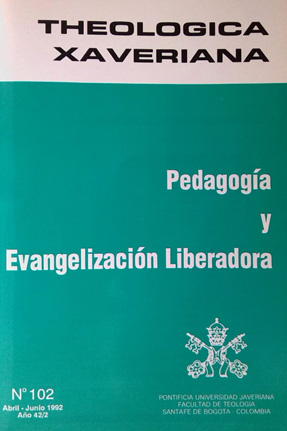Abstract
La humanidad siempre ha suspirado por un futuro mejor. El mito del Paraíso terrenal expresa, en muchas culturas, un anhelo vivo del grupo zoológico humano. Bajo diferentes esquemas, las sociedades, a lo largo de la historia, esperan una Ciudad Ideal. Como lo ha expresado bien Uslar Pietri a propósito del valioso y casi exhaustivo estudio de Isaac Pardo , "la historia de la humanidad es fundamentalmente el recuento de la inconfonnidad del hombre con su condición" . Siempre ha estado persiguiendo la Utopía, es decir, buscando la felicidad para unos pocos o para todos. Mitos antiguos, creencias religiosas, especulaciones de grandes filósofos y oscuros acontecimientos históricos a lo largo de 25 siglos de civilización occidental muestran que el hombre sigue buscando ese lugar que no existe, pero que es invitación a crearlo a través de una transformación de la sociedad.
This journal is registered under a Creative Commons Attribution 4.0 International Public License. Thus, this work may be reproduced, distributed, and publicly shared in digital format, as long as the names of the authors and Pontificia Universidad Javeriana are acknowledged. Others are allowed to quote, adapt, transform, auto-archive, republish, and create based on this material, for any purpose (even commercial ones), provided the authorship is duly acknowledged, a link to the original work is provided, and it is specified if changes have been made. Pontificia Universidad Javeriana does not hold the rights of published works and the authors are solely responsible for the contents of their works; they keep the moral, intellectual, privacy, and publicity rights.
Approving the intervention of the work (review, copy-editing, translation, layout) and the following outreach, are granted through an use license and not through an assignment of rights. This means the journal and Pontificia Universidad Javeriana cannot be held responsible for any ethical malpractice by the authors. As a consequence of the protection granted by the use license, the journal is not required to publish recantations or modify information already published, unless the errata stems from the editorial management process. Publishing contents in this journal does not generate royalties for contributors.


